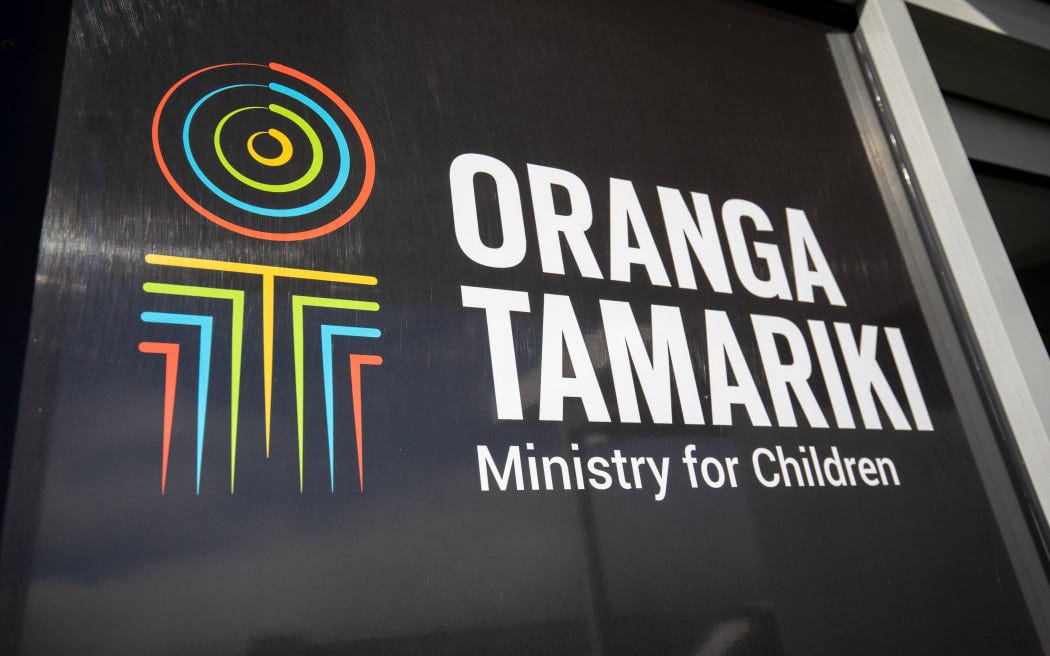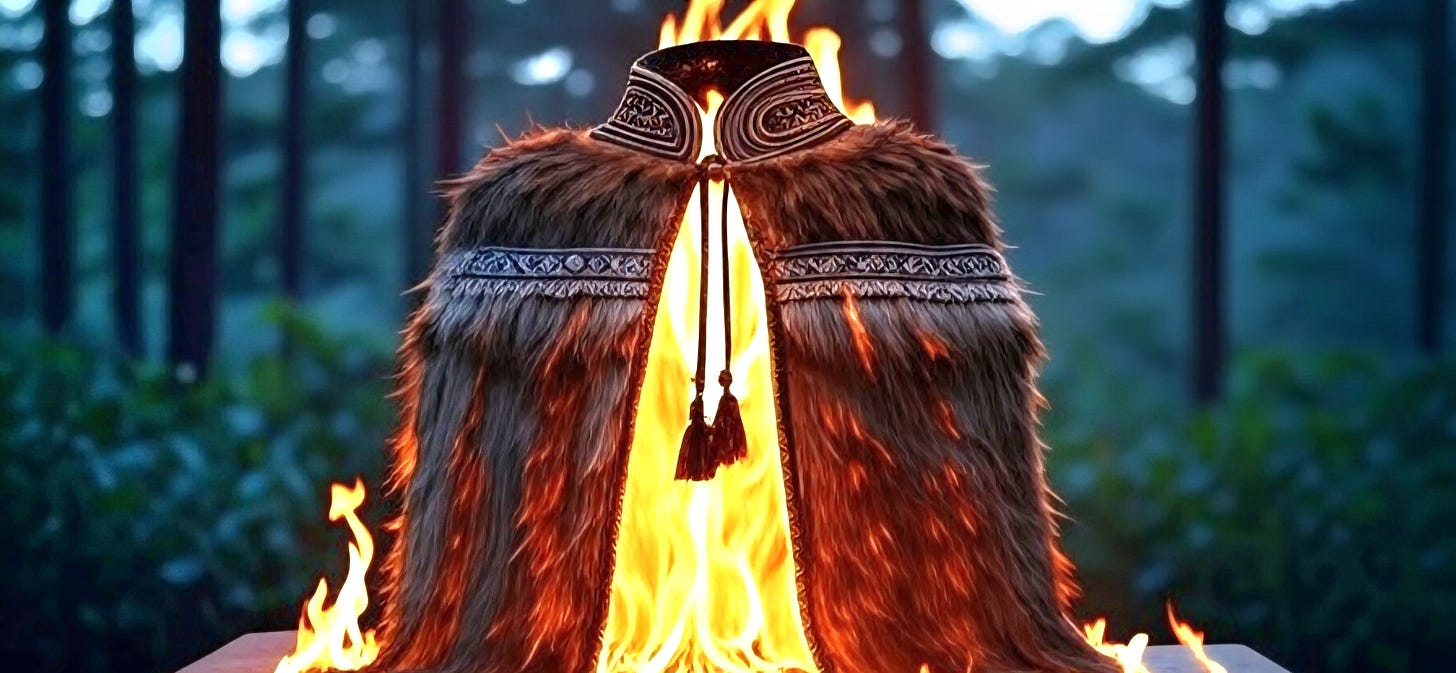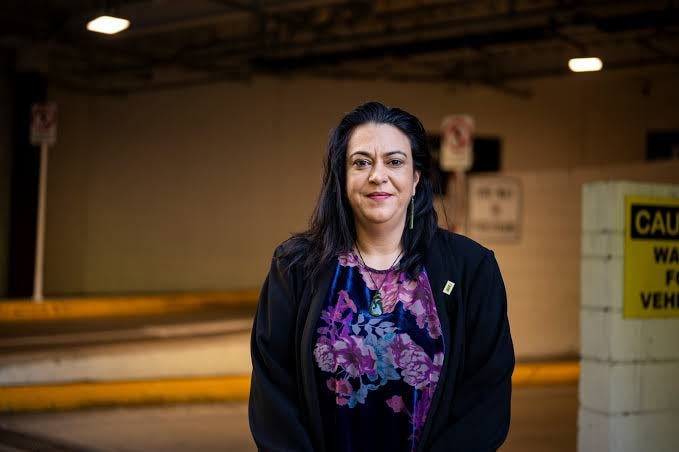Obeying Tribal Law
How Race-Based Excuses, Institutional Infantilisation, Iwi-Centric Devolution Replaced Child Protection with Racial Sentimentality — Why the State Now Enforces Culture Over Law
Introduction:
A healthy civilisation does not apologise for enforcing order. It does not recoil when confronted by cultural dysfunction. It certainly does not cede its institutions to the cult of race. Yet in New Zealand, this is precisely what we are doing. The most recent performance by the Independent Children's Monitor - masquerading as a serious policy report - is not a document of insight but a ritual lamentation, choreographed to advance a radical narrative: that Māori failure is never the fault of Māori, but always the result of an oppressive system that must be dismantled, devolved, and ethnically reassigned.
It is a shambolic spectacle of bureaucratic cowardice.

I. The Perpetual Victimhood Complex
Let us begin with the obvious. The Oranga Tamariki report, cited ad nauseam by Māori activists and sympathetic bureaucrats alike, posits a well-worn thesis: Māori children are overrepresented in state care, therefore the state must be racist. A less lazy intellect might ask whether cultural patterns of parenting, chronic intergenerational dysfunction, or violent offending rates could - heaven forbid - play any part in this statistical outcome. But no, to suggest as much is to commit the unpardonable sin of 'structural racism denial.'
Nowhere in this report does one find a single mention of personal responsibility. Nowhere are the sanctimonious authors prepared to interrogate the cultural norms that produce familial violence, gang affiliation, or chronic truancy. Instead, we are treated to an avalanche of euphemisms: "overrepresentation," "historic trauma," "colonial harm," all deployed with the linguistic subtlety of a battering ram.
II. The Legal Mirage of Treaty Devolution
When Karen Chhour - a minister I otherwise commend - remarks that Oranga Tamariki must embrace 'community-led solutions' and 'devolution to iwi,' one is left to wonder whether the Cabinet has taken leave of its senses. Let us be clear: devolving state powers to tribal authorities is not reform. It is abdication. And it is wholly incompatible with the constitutional principle of equal citizenship.
Under the Oranga Tamariki Act 1989, the paramount consideration is supposedly the welfare of the child. Yet in recent years, through a series of 'strategic partnerships' and unaccountable co-governance arrangements, we have begun subordinating that principle to an ideological imperative: the primacy of 'tikanga.' One might ask, what is the legal standing of tikanga Māori when it clashes with established child welfare protocols? When it demands the return of a child to a violent whānau, or the protection of cultural identity at the expense of physical safety?
The law, under such conditions, becomes not a sword of justice but a shield for tribal preference.
III. A System Sabotaged by Sentimentality
The report laments, with operatic anguish, that '92 percent of rangatahi Māori in youth justice had prior reports of concern' and that their life outcomes are 'sobering.' Yet is this not precisely why intervention is necessary? The implication - that the system has failed them because it acted - is morally and logically incoherent.
In truth, it is the failure to act, the hand-wringing hesitation of an emasculated welfare regime paralysed by racial paranoia, that has condemned these children. Social workers are not permitted to speak plainly. Judges must tiptoe through a minefield of cultural appeasement. And when a Māori child is battered, neglected, or abandoned, it is not the parent who is condemned - it is the system.
To those with eyes to see, this is madness.
But what no one in Wellington will dare admit is this: the overrepresentation of Māori in state care isn’t proof of a racist system - it’s proof of a failed culture. The data shows it. The law is being bent around it. And unless we act, the entire state will be consumed by it.
Keep reading with a 7-day free trial
Subscribe to The Sovereign Verdict to keep reading this post and get 7 days of free access to the full post archives.





